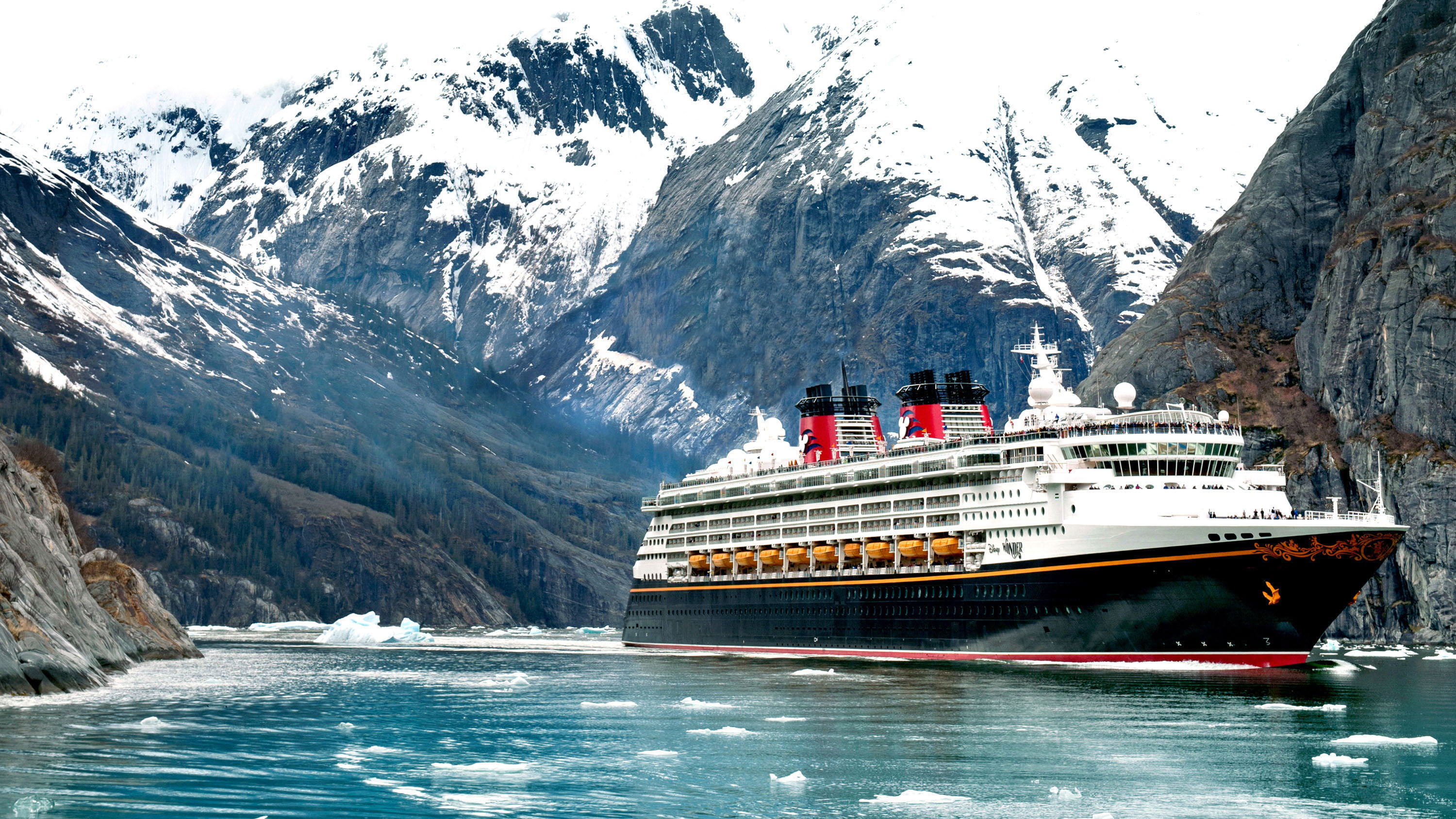Solo travel groups are revolutionizing the way individuals experience the world. Unlike traditional group tours, these curated experiences cater specifically to independent travelers seeking companionship and shared adventures without sacrificing personal exploration. They offer a unique blend of structured itineraries and the freedom to forge connections with like-minded individuals, creating unforgettable journeys.
This burgeoning sector offers a diverse range of options, from adventurous expeditions scaling mountains to relaxing retreats on sun-drenched beaches. The appeal lies in the balance: the structure and support of a group while retaining the autonomy of solo travel. This article delves into the benefits, considerations, and experiences associated with joining a solo travel group.
Defining Solo Travel Groups
Solo travel groups represent a burgeoning niche in the tourism industry, offering a unique blend of independent exploration and the camaraderie of shared experiences. Unlike traditional group tours, which often involve a fixed itinerary and a large group moving as a single unit, solo travel groups cater specifically to individuals traveling alone, providing a structured framework for meeting like-minded people while maintaining a degree of personal freedom.
This model bridges the gap between the isolation of independent travel and the rigid structure of traditional group tours.Solo travel groups offer a curated experience designed to foster connections and shared adventures among individuals seeking similar travel experiences. They differ significantly from traditional group tours by prioritizing individual agency within a supportive group environment. While traditional tours typically dictate a strict schedule and limit individual choice, solo travel groups offer flexibility and opportunities for independent exploration alongside group activities.
Types of Solo Travel Groups
The diversity of solo travel groups reflects the wide range of interests and travel styles among independent travelers. Groups are often categorized by activity, destination, or travel style. For example, adventure travel groups might focus on hiking, trekking, or wildlife safaris, while cultural immersion groups might prioritize historical sites, local customs, and interactions with local communities. Luxury solo travel groups cater to a more upscale market, offering high-end accommodations and exclusive experiences.
Similarly, groups focusing on specific demographics, such as solo female travelers or retirees, provide a sense of security and shared experience tailored to their unique needs and interests. The options are extensive and cater to diverse preferences, from budget backpacking trips to luxury cruises designed for solo travelers.
Benefits and Drawbacks of Solo Travel Groups Compared to Independent Travel
Joining a solo travel group offers several advantages over independent travel. The most significant is the opportunity to connect with other travelers, combating the potential loneliness of solo exploration. Group travel also simplifies logistics, such as transportation and accommodation bookings, and often provides access to discounted rates. Furthermore, the structured itinerary of many groups can alleviate the stress of planning and provide a sense of security, especially in unfamiliar locations.
However, the lack of complete autonomy is a key drawback. The pre-determined itinerary might not always align with individual preferences, and the group dynamic may not always be ideal. Independent travel, on the other hand, offers complete freedom and flexibility but can be more challenging to plan and execute, potentially leading to increased costs and a greater risk of isolation.
The choice ultimately depends on individual travel style and priorities. Many travelers find the benefits of community and simplified logistics outweigh the limitations on complete freedom, while others prefer the unfettered independence of solo travel without a group.
The Solo Travel Group Experience

Solo travel groups offer a unique blend of independent exploration and the camaraderie of shared experiences. These groups cater to individuals seeking adventure and connection, providing a structured framework for navigating unfamiliar destinations while fostering a sense of community among like-minded travelers. The experience differs significantly from traditional group tours, emphasizing individual autonomy while simultaneously offering the benefits of group travel.The typical itinerary and activities offered by solo travel groups are designed to balance structured activities with ample free time for personal exploration.
Itineraries often include a mix of guided tours of significant historical sites or natural wonders, cultural immersion experiences like cooking classes or local market visits, and adventure activities such as hiking, kayaking, or wildlife safaris. However, a crucial element is the incorporation of significant free time, allowing participants to pursue their own interests and explore at their own pace.
This flexibility is a key differentiator from traditional group tours, which often maintain a more rigid schedule.
Itinerary Structure and Activities
Solo travel group itineraries typically incorporate a balance of pre-planned activities and free time. A sample itinerary might include a guided walking tour of a historic city center on one day, followed by a free afternoon for independent exploration of local markets and museums. Another day might feature a guided hike to a scenic viewpoint, followed by an evening of optional group dinner at a local restaurant.
This blend of structured and unstructured time allows participants to engage with the destination at their own comfort level. Activities are often chosen for their appeal to a broad range of interests, ensuring that there’s something for everyone. Examples include cooking classes focusing on local cuisine, visits to art galleries and historical sites, and opportunities for outdoor adventure.
Social Dynamics and Friendship Formation, Solo travel groups
The social dynamics within a solo travel group are often characterized by a rapid development of camaraderie. The shared experience of travel, coupled with the commonality of being a solo traveler, creates a natural bond among participants. Many individuals find it easier to strike up conversations and form connections in this environment compared to other social settings. The group’s shared activities and experiences provide ample opportunities for interaction, fostering a sense of community and support.
While not guaranteed, the potential for building lasting friendships is significantly higher in these groups compared to independent solo travel. Many participants report forming close friendships that continue long after the trip concludes.
Tips for Maximizing Positive Aspects and Mitigating Challenges
Participating in a solo travel group can be a tremendously rewarding experience, but careful preparation and a proactive approach can significantly enhance the overall enjoyment.
It is crucial to be prepared for a range of personalities and travel styles. Open communication and a willingness to compromise are essential for navigating potential conflicts or disagreements. Actively participating in group activities and engaging in conversations with fellow travelers can foster a sense of belonging and build strong relationships. Remember that respecting personal space and boundaries is equally important.
- Research the group and its itinerary thoroughly before booking. Ensure the group’s style and activities align with your preferences.
- Communicate your expectations and preferences clearly to the group leader or organizer. This helps to manage expectations and address any concerns proactively.
- Be open to meeting new people and participating in group activities. This is key to building connections and enjoying the social aspect of the trip.
- Respect the diverse backgrounds and travel styles of your fellow travelers. Tolerance and understanding are vital for a positive group experience.
- Embrace spontaneity and be open to unexpected changes in the itinerary. Flexibility is key to enjoying the journey.
Whether you’re an experienced adventurer or a first-time solo traveler, the world of solo travel groups presents a compelling alternative to traditional tourism. By carefully considering your travel style, budget, and desired experiences, you can find the perfect group to enhance your journey and create lasting memories. The social connections, curated itineraries, and enhanced safety measures make solo travel groups an increasingly attractive option for those seeking enriching and fulfilling travel experiences.
Learn about more about the process of tepung pulut boleh buat kuih apa in the field.



